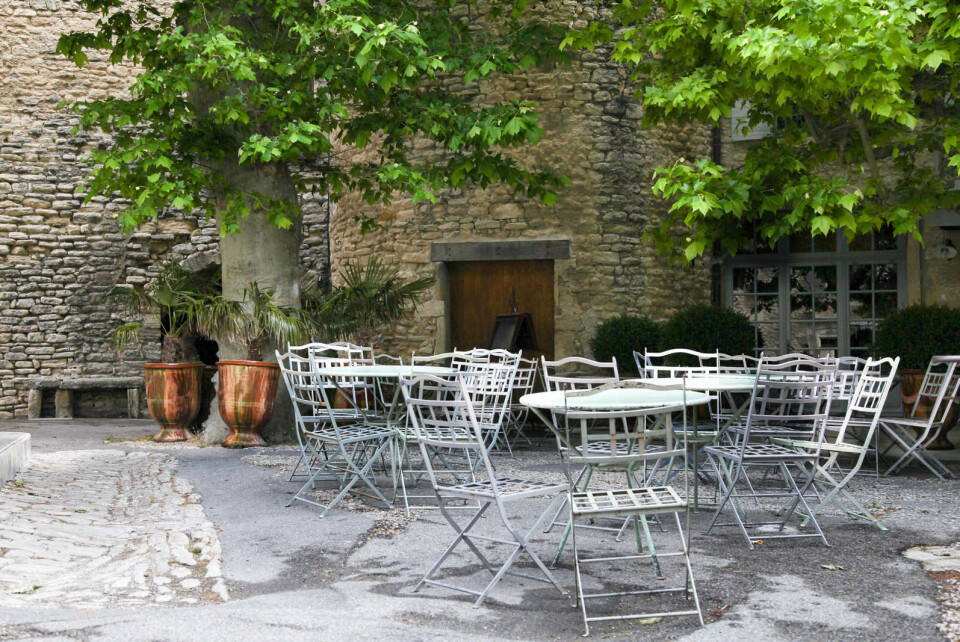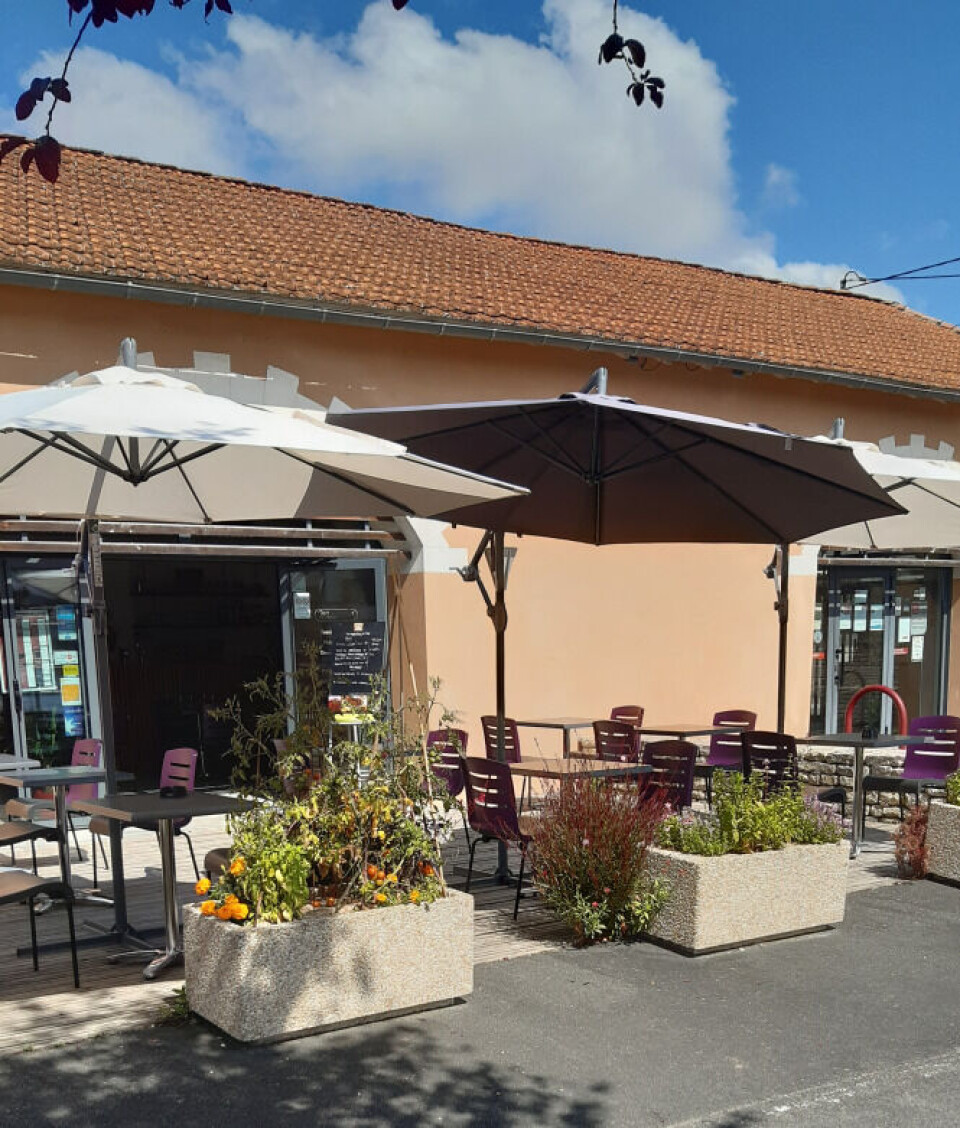-
White storks make strong return in France via nest ‘platforms’ and clipped wings
The Ligue pour la Protection des Oiseaux shares the conservation challenges in saving these birds from extinction
-
Hosting scheme in south-west France lets newcomers sample lifestyle
Households in nine Dordogne communes volunteer under Mes Nouveaux Voisins scheme
-
French boulangeries demand right for staff to work on May 1 so they can open
Artisan bakery owners can work but employees cannot, while certain industrial bakeries are allowed to remain open with workers
Rural cafes in France given a helping hand to reopen
The '1,000 cafés' programme, working with town councils and other local authorities, supports people willing to take on a cafe premises in small communes

A project to restore village cafes is slowly restarting business after Covid restrictions put many of its projects on hold.
The 1,000 cafés programme, working with town councils and other local authorities, had around 20 cafes open before the pandemic.
A few of these stayed open during the lockdowns and curfews, offering ‘multi-services’ such as takeaways, groceries or bread sales, but many were forced to shut.
The association offers people willing to take on a cafe premises – usually provided by the municipality at a low rent – a salary guaranteed at the Smic minimum wage plus a bonus based on performance, and help meeting the estimated €20,000 cost of setting up a cafe.
It is targeting small communes of 3,500 residents or fewer.
One of the first establishments to be opened was a cafe bar/restaurant at La Foye-Monjault, a village of 810 people not far from Niort in Deux-Sèvres, western France.
Mayor Dany Michaud told The Connexion that the commune was determined to keep it open.
“We had a cafe here for many years, but when the owners retired, they could not find anyone to take it on,” she said.
“It was a huge loss to the social life of the whole village, so we got together and decided that the old salle des fêtes in the village centre, which was historically a market hall, should return to its original commercial use, and we set it up as a bar and restaurant.
“Unfortunately, after three years, the managers decided they wanted a change of lifestyle and we had great difficulty finding someone new to take it on – until we heard of the 1,000 cafés project and the help that they were able to offer.
“By chance, just as we were signing up with them, we heard that a young cook, with his partner, was keen to set up on his own, and with the support of 1,000 cafés was able to do so.”
The association provided help to buy plates and other equipment for the restaurant, called La Rabelais.

“For the village, because we already had the premises, the amount was not very high, but assistance from the association was important for the couple running the bar and helped them set up,” said Ms Michaud.
During the lockdown, the restaurant kept going as best it could by offering takeaway meals and drinks, again something the villagers appreciated, the mayor said.
Clémence Richard, of the 1,000 cafés programme, said that another dozen cafes it supported were due to open this year, most in September after the holidays.
“It is important to have places of conviviality in villages as well as having the practical aspects of a grocery store and other services, which many communes have lost,” she said.
“We want to show that it is possible to bring these places back.”
Related stories
How will France’s health pass work in cafes, bars and restaurants?
























